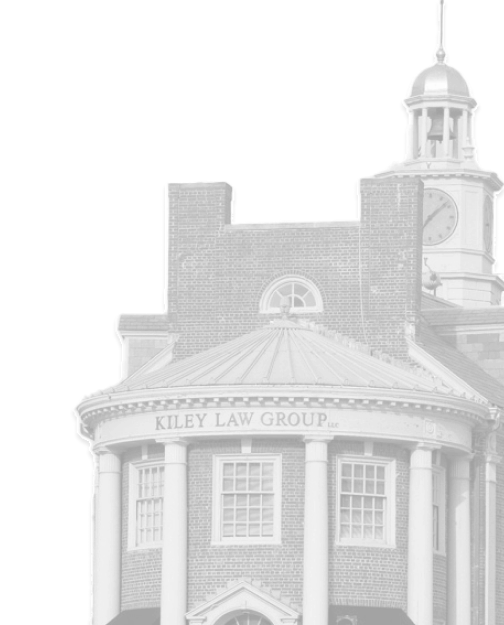A serious car accident can result in significant physical harm, emotional trauma, and financial stress. What’s more, resolving disputes related to property damage, personal injuries, and insurance claims can be a lengthy and frustrating experience.
Mediation has become an increasingly popular method of working through altercations after a car accident. This alternative approach offers numerous benefits that can help the parties involved in an accident reach a fair and mutually satisfactory settlement agreement.
In this post, we will discuss the steps involved in the mediation process as well as the advantages taking this course may have in a car accident claim. We will also consider practical ways in which you can prepare for mediation in advance.
The purpose of mediation is to resolve legal disputes arising from a car accident injury without taking the case to trial. This form of alternative dispute resolution (ADR) is a structured negotiation process facilitated by an impartial third-party mediator. Mediation fosters communication, cooperation, and accommodation when parties fail to agree after a personal injury accident.
A good mediator in a car accident case will be a legal professional with experience in personal injury and car accident claims. The mediator does not decide the case or impose a decision but rather guides the disputing parties to a mutually agreeable solution.
The mediation process, which is voluntary and confidential, may be initiated by those involved in the car accident, their personal injury lawyer, or suggested by the court.
Mediation sessions generally take place in a neutral location, such as the mediator’s office or conference room. Typically, the mediation process brings together the parties involved in the accident, their legal representatives, and, oftentimes, the defendant’s insurance adjuster.
Depending on the circumstances of the car accident and the complexity of the claim, such sessions may take just a few hours or several days.
Most car accident mediation sessions follow a similar pattern.
Mediation begins with setting the ground rules. The neutral third-party mediator will explain that the statements made throughout the mediation process are not admissible in court. This rule puts participants at ease to openly discuss settlement options without fear of repercussions in the event of a court trial.
You may be required to sign a written confidentiality agreement that outlines the mediation process and indicates your consent to abide by the set rules.
The mediator and the disputing parties will each have an opportunity to make opening statements.
The mediator will explain the goals of the mediation and encourage each side to work cooperatively to reach a fair settlement agreement. Then, both the plaintiff and the defendant will have a chance to describe the dispute and its consequences. The mediator may also invite the two parties to express their individual ideas for resolution.
During the joint discussion, the mediator will facilitate communication by encouraging each party to actively participate in the conversation. This is an opportunity in the mediation process to clarify issues in the case, as well as identify areas of agreement and disagreement.
The private caucus phase of mediation allows each party to meet separately with the neutral mediator. Each side often feels more comfortable expressing opinions and giving specific information one-on-one with the mediator rather than in a joint discussion.
During these individual sessions, the mediator has the opportunity to discuss the strengths and weaknesses of the case. He or she can also come to thoroughly understand each individual’s position, interests, and willingness to compromise.
Additionally, individual discussions help parties prepare for the negotiation process, generate creative solutions for settlement, and ensure that particular proposals are realistic.
After considering each party’s perspective and how they individually see fit to settle the dispute, the mediator will begin to negotiate a mutually satisfactory resolution for the car accident claim.
In the negotiation phase of the mediation process, the mediator may propose a variety of potential solutions to the disagreement. An experienced car accident mediator can facilitate negotiations to take place in a constructive and productive manner. He or she will not let either side resort to underhanded or otherwise unhelpful tactics.
It is hoped that the two sides will reach a reasonable settlement agreement during this stage of the mediation process. Once the parties come to a mutually acceptable resolution, the mediator helps them draft a written agreement outlining the terms and conditions of the settlement.
On the other hand, if no agreement can be made, the mediator will likely provide recommendations for resolving the dispute by other means.
Oftentimes, though, when a settlement is not achieved at the mediation meeting, an agreement can still be reached later. It is prudent for the disputing parties, as well as their personal injury lawyers, to keep the lines of communication open.
There are many advantages to using mediation as an alternative to traditional litigation when resolving disputes in a personal injury case:
Thorough preparation is essential for a successful mediation after your car accident.
You can:
By preparing well for mediation, you set yourself up for the best chance of a favorable outcome. A well-practiced personal injury attorney can help you prepare and support you through every phase of the mediation process.
Insurance claims and settlement negotiations after a severe car accident can try your patience and complicate your life. Personal injury mediation can help the parties come to a mutual agreement and get their lives back on track after the incident. Mediation is often of great benefit, especially when you also have a knowledgeable car accident lawyer on your side.
The committed personal injury attorneys of Kiley Law Group have been helping New England car accident victims resolve injury claims successfully for over 40 years. We can answer your questions and guide you through every step of the mediation process. We want to see you recover the compensation you deserve.
Please call the Kiley Law Group office today at (978) 965-3228 or fill out our online form for a free case review. A member of our legal team is standing by to take your call.

